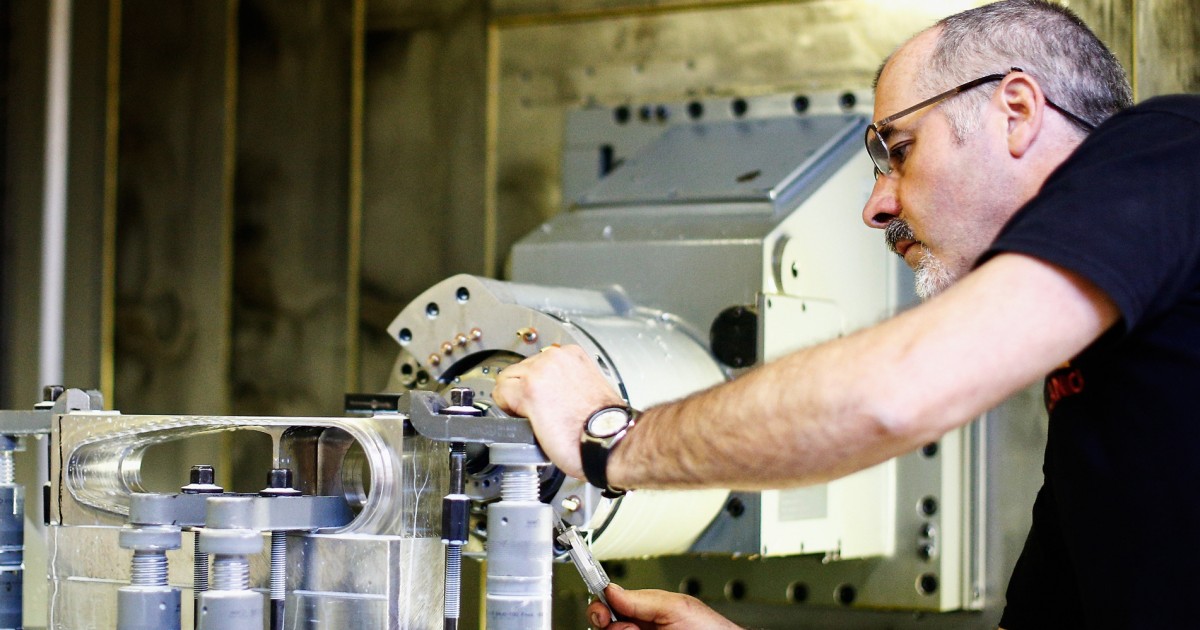
Lungs
In the context of space and astronautical engineering, lungs refer to the respiratory system of humans and animals that are used to breathe in oxygen and exhale carbon dioxide. In space, the lack of gravity causes fluids to shift towards the upper body, including the lungs, which can lead to changes in lung function and capacity. Astronauts must undergo rigorous training and medical evaluations to ensure their lungs are healthy and can withstand the stresses of spaceflight. Additionally, spacecraft must be equipped with proper air filtration and circulation systems to maintain a breathable atmosphere for the crew. Understanding the effects of microgravity on lung function is important for long-duration space missions and the development of countermeasures to mitigate any negative impacts.
Your Previous Searches
Random Picks
- Simulations: Simulations in space and astronautical engineering refer to the use of computer models to replicate real-world scenarios and predict the behavior of systems and processes in space. Simulations are used extensively in the design and testing ... Read More >>
- Ozone-depleting Substances: Ozone-depleting substances (ODS) are chemicals that contain chlorine, bromine, or other halogen atoms and are capable of destroying the stratospheric ozone layer. These substances are commonly used in refrigeration and air conditioning syst ... Read More >>
- Silicon: Silicon is a chemical element with the symbol Si and atomic number 14. It is a hard, brittle crystalline solid with a blue-grey metallic lustre, and is a tetravalent metalloid and semiconductor. In space and astronautical engineering, silic ... Read More >>
Top News

Scientists release plans for an even bigger atom smasher to address the mysterie...
GENEVA — Top minds at the world’s largest atom smasher have released a blueprint for a much bigger successor that could vastly improve research into the remaining enigmas of physics....
News Source: NBC News on 2025-04-01

Scientists release plans for even bigger atom smasher along the French-Swiss bor...
Scientists at the world’s largest atom smasher have released a blueprint for a much bigger successor that could help solve enigmas of physics, starting in the mid-2040s at a cost of about $16 billio...
News Source: ABC News on 2025-04-01

The 'Blaze Star' hasn't exploded yet, but it could soon...
T Coronae Borealis has an outburst every 79 to 80 years, according to NASA....
News Source: ABC News on 2025-03-28
I visited the sprawling 'metroburb' where 'Severance' is filmed. It's a 2 millio...
Bell Works, the real office complex that doubles as Lumon on "Severance," is redefining what an office can be....
News Source: Business Insider on 2025-03-28

We've spotted auroras on Neptune for the first time...
After 34 years of searching, astronomers have finally confirmed Neptune has auroras, thanks to data from the James Webb Space Telescope...
News Source: New Scientist on 2025-03-27